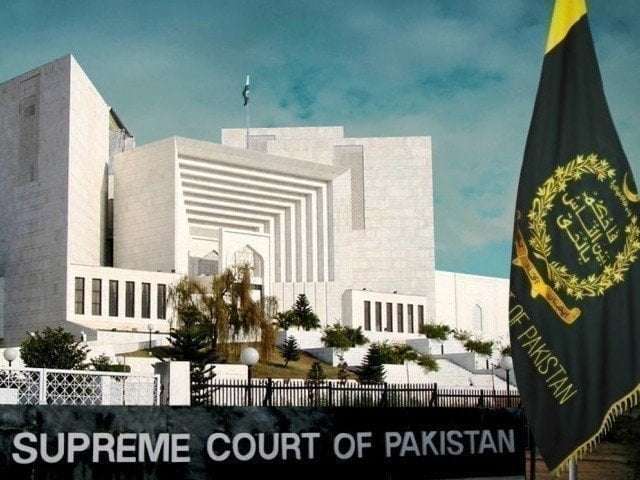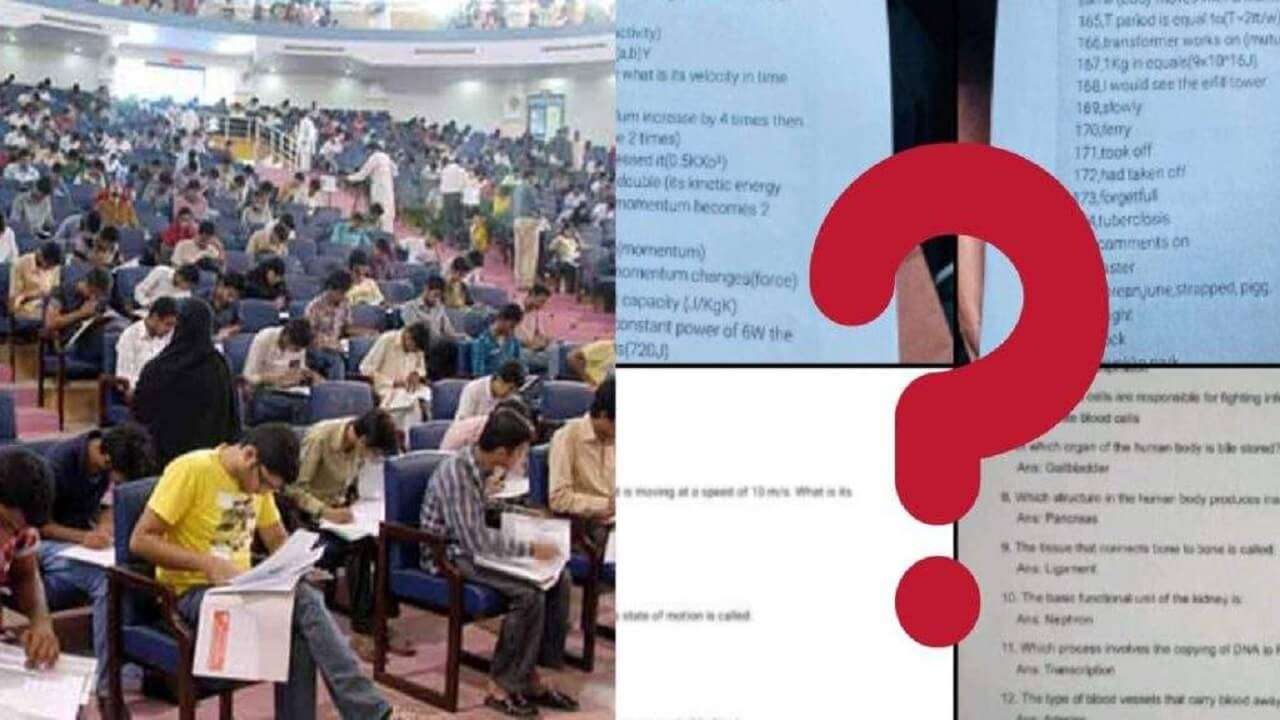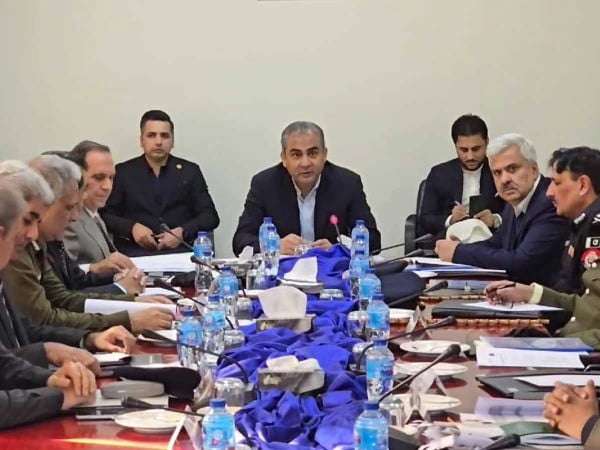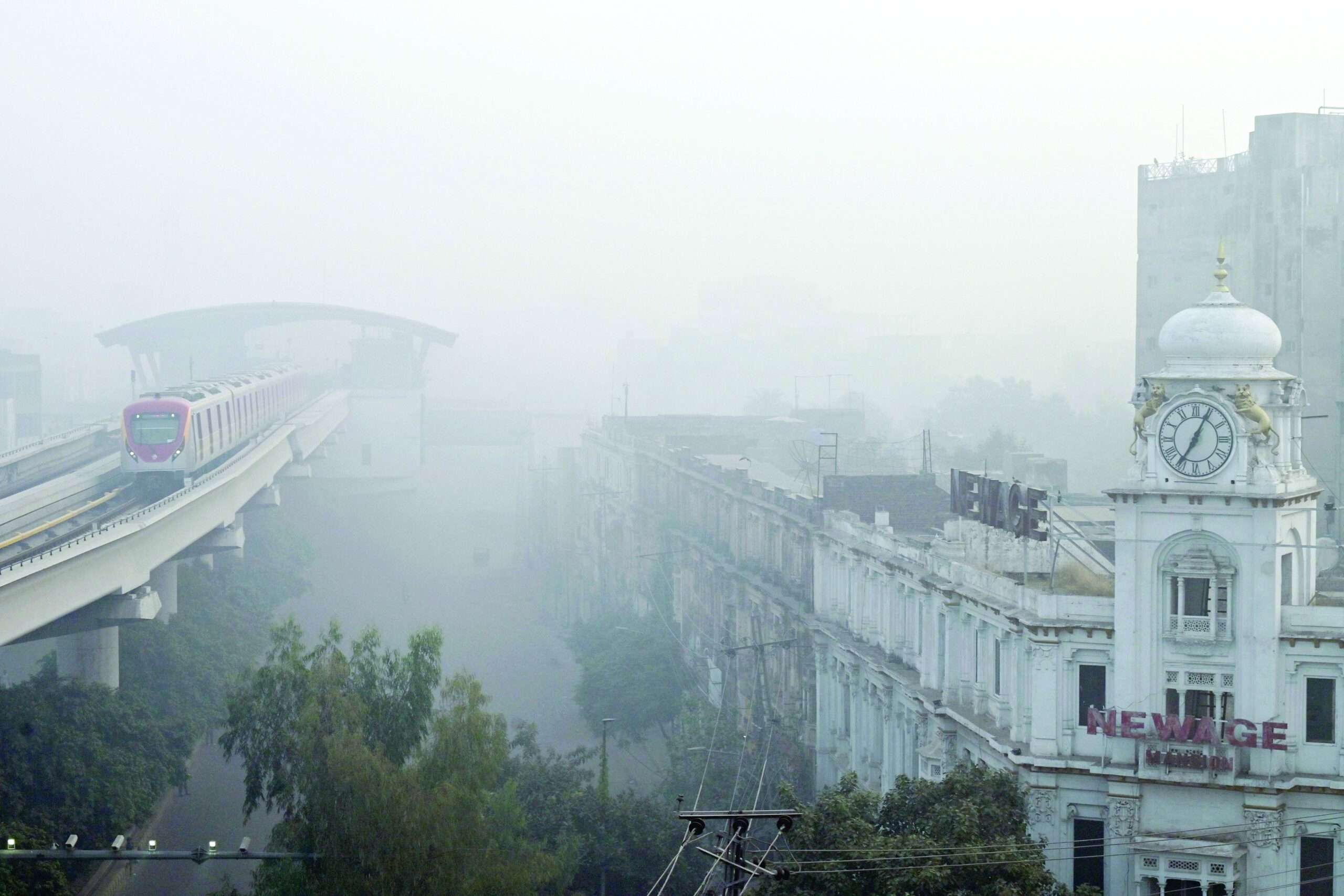Introduction
In a high-stakes court hearing on Monday, the relationship between the judiciary and political figures was highlighted when Justice Jamal Khan Mandokhail issued a stern rebuke to Hamid Khan, a senior lawyer representing Imran Khan, the founding chairman of the Pakistan Tehreek-e-Insaf (PTI). The remarks were made in response to Khan’s criticism of the judiciary during a hearing of a petition involving allegations of fraud concerning the upcoming 2024 general elections. This article delves into the developments that led to the rebuke, the political implications of the ongoing case, and the potential consequences for PTI and its leadership.
Hamid Khan’s Criticism of the Judiciary
Hamid Khan, a prominent lawyer and member of the PTI, has been vocal about his concerns over the lack of judicial intervention in election-related matters. During the court proceedings, Khan openly criticized the judiciary, describing its reluctance to take suo motu notice of electoral issues as “weak.” His remarks, which were directed at the entire judicial system, sparked a strong reaction from Justice Jamal Khan Mandokhail.
Justice Mandokhail’s Warning
Justice Mandokhail responded by advising Hamid Khan to be more cautious with his choice of words, emphasizing that Khan, as a senior lawyer, should express his opinions more respectfully and thoughtfully. The reprimand served as a reminder of the decorum expected within the legal profession, particularly when addressing the judiciary.
As tensions mounted, the court, led by Justice Aminuddin Khan, adjourned the hearing indefinitely, allowing Hamid Khan time to address the objections raised by the court’s registrar.
Procedural Complexities in the Petition
The petition in question, filed by PTI chairman Imran Khan, revolves around allegations of fraud in relation to the 2024 general elections. The six-member bench, after hearing the petition, noted the procedural complexities surrounding the case. Justice Muhammad Ali Mazhar advised the petitioner’s counsel to come better prepared for the next hearing. Meanwhile, Justice Mandokhail raised an important question—whether the entire election process could be deemed flawed, suggesting that separate inquiries might be needed for each constituency.
The Court’s Reminders
Hamid Khan had argued that the court had jurisdiction under Article 184(3) of the Constitution, which deals with cases of public importance. However, the bench reminded Khan of the constitutional requirement to exhaust relevant forums before approaching the apex court. This was a significant reminder of the importance of following legal processes and the need for due diligence before involving the Supreme Court in such matters.
In the face of these legal complexities, the court granted time for Hamid Khan to address the registrar’s objections and revisit the petition’s procedural aspects. This decision reflects the careful balancing act the judiciary must maintain in dealing with high-profile political cases, especially when they involve contentious electoral issues.
PTI’s Challenge to the Al-Qadir Trust Judgment
While the proceedings in the Supreme Court garnered significant attention, PTI was also preparing to challenge the controversial ruling in the £190 million Al-Qadir Trust case. The case has raised questions not only about the legal process but also about the political motivations behind the verdict.
The Al-Qadir Trust Case and Imran Khan’s Conviction
On January 21, PTI plans to file an appeal in the high court, aiming to overturn the judgment which convicted Imran Khan and his wife, Bushra Bibi, in connection with the Al-Qadir Trust case. PTI’s Central Information Secretary, Sheikh Waqas Akram, confirmed the party’s intent to challenge the decision, calling it a “miscarriage of justice.” The ruling, according to PTI officials, was politically motivated, and the party maintains that the charges against Imran Khan and his wife were fabricated.
Political and Legal Ramifications
The decision to file an appeal follows a core committee meeting within PTI, where leaders evaluated both the legal and political ramifications of the judgment. The committee’s members unanimously endorsed the decision to pursue the appeal, asserting that they would continue negotiations with the ruling Pakistan Muslim League-Nawaz (PML-N) coalition until the government responded to PTI’s demands.
This appeal is not only about challenging the legal verdict but also about reinforcing PTI’s position in the ongoing political struggle. With the judiciary now involved in key electoral matters, the stakes for PTI’s leadership are higher than ever. The political ramifications of the judgment are far-reaching, especially in the context of PTI’s efforts to regain political ground.
The Judicial Landscape and PTI’s Legal Strategy
The events unfolding in the Supreme Court reflect the broader tension between Pakistan’s judiciary and its political leadership. With Imran Khan’s PTI caught up in multiple legal challenges, the party’s legal strategy plays a pivotal role in shaping its future trajectory. The dynamic between the judiciary and PTI leadership will continue to evolve as the appeal over the Al-Qadir Trust case progresses.
PTI’s Negotiations with PML-N
Simultaneously, PTI continues to engage in negotiations with the PML-N-led coalition government, navigating complex political discussions that have yet to reach a definitive resolution. PTI leaders have emphasized the need for the government to address PTI’s demands, although it remains unclear whether the two parties can reach an agreement on key issues.
The political dialogue between PTI and PML-N is likely to be influenced by the ongoing legal battles, and the outcome of the Al-Qadir Trust case will undoubtedly have a significant impact on PTI’s political future.
The Role of the Judiciary in Pakistan’s Political Landscape
The Pakistani judiciary is often at the center of political debates, particularly when high-profile cases involve influential political leaders. The relationship between the judiciary and political parties can be contentious, and judicial decisions in cases involving major political figures often have far-reaching implications for the country’s governance.
Balancing Political Pressures and Judicial Independence
Pakistan’s judiciary faces the difficult task of maintaining its independence while dealing with politically charged cases. The reprimand of Hamid Khan highlights the importance of respecting the judiciary’s role in safeguarding the rule of law. While the judiciary must remain impartial, it also faces pressure from various political factions, which can sometimes influence the outcome of key cases.
In this context, the challenge for the judiciary is not only to administer justice but also to do so in a way that preserves its credibility and independence. The political ramifications of judicial decisions in high-profile cases will continue to shape the public’s perception of the judiciary’s role in Pakistan’s democracy.
Conclusion
The ongoing legal battles involving Imran Khan and PTI underscore the growing tensions between Pakistan’s political leadership and its judiciary. The rebuke issued by Justice Jamal Khan Mandokhail to Hamid Khan reflects the delicate balance the judiciary must strike in handling politically sensitive cases. As PTI prepares to challenge the Al-Qadir Trust judgment, the political and legal landscape in Pakistan continues to evolve, with the potential for significant consequences for both the judiciary and the political parties involved.
FAQs
1. Why was Hamid Khan rebuked by Justice Mandokhail?
Hamid Khan was rebuked by Justice Mandokhail for criticizing the judiciary’s lack of action regarding election-related issues. Justice Mandokhail advised Khan to choose his words carefully, emphasizing the importance of maintaining respect for the court.
2. What is the Al-Qadir Trust case about?
The Al-Qadir Trust case involves a £190 million judgment in which PTI chairman Imran Khan and his wife, Bushra Bibi, were convicted. PTI plans to appeal the decision, arguing that the ruling was politically motivated and based on fabricated charges.
3. How will PTI challenge the Al-Qadir Trust ruling?
PTI intends to file an appeal in the high court on January 21, aiming to quash the judgment in the Al-Qadir Trust case, which they consider a miscarriage of justice.
4. What is the significance of the Supreme Court hearing for PTI?
The Supreme Court hearing concerning the 2024 general elections is crucial for PTI, as it involves allegations of fraud that could impact the party’s position ahead of the elections. PTI is challenging the court’s refusal to intervene in the matter.
5. What is the relationship between PTI and PML-N in the context of these legal challenges?
PTI is engaged in ongoing negotiations with the ruling PML-N-led coalition government, seeking to address political demands. The outcome of PTI’s legal challenges could influence the dynamics of these negotiations.



